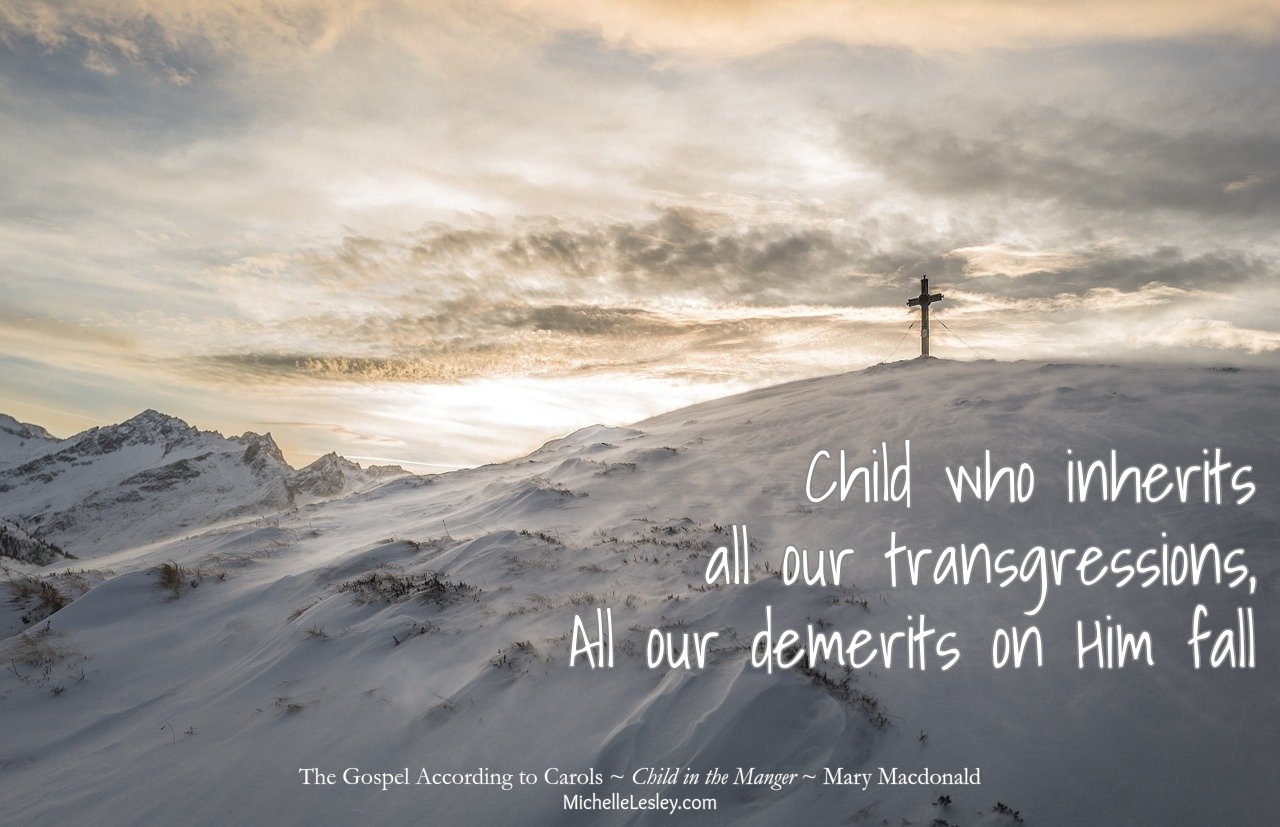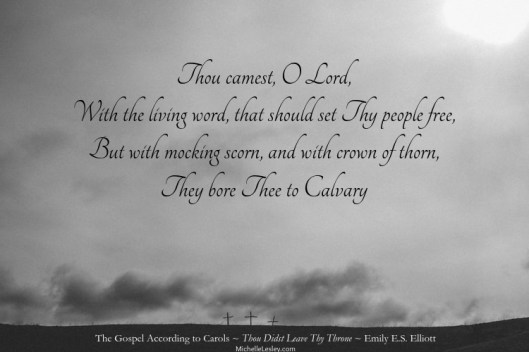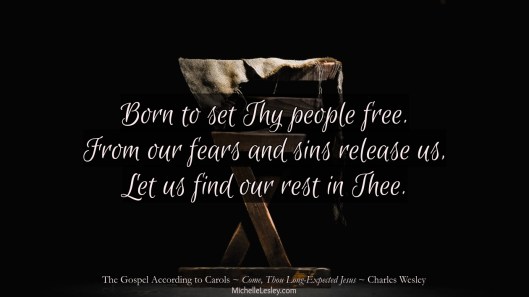Originally published July 22, 2019

How should my child and I refer to a child who is transitioning (girl to boy)? This is not a child with whom we are close. She is the granddaughter of a neighbor and visits them once or twice a year. Because she and my daughter are near the same age (tweens), they spend time together while she is visiting.
She recently arrived for a visit and informed my daughter that she is transitioning and wants to be called Brandon* instead of Shannon from now on. She now dresses like a boy and has a male-looking haircut.
I have already talked to my daughter about the biblical issues at play and have explained that we need to be loving and kind to her friend, but also not cooperate with her delusion of becoming a boy.
I don’t want to use the pronoun “he” to refer to this child because it is not biologically possible and it is sinful to try to change the gender God gave you. But what about her transition name (Brandon)? People change their names and I don’t think that’s sinful. But to change it for the purpose of denying your God-given gender would be.
Would you call her by her given name or her new name?
*Names changed
This is such a heartbreaking situation, and it’s happening way too often. So called “gender reassignment” is physically, psychologically, and spiritually abusive. Children in sexual identity sin need loving, kind, supportive, biblical help, not for someone, especially their parents who are supposed to protect them and do what’s best for them, to enable them in their dysfunction.
You didn’t ask about this, and you might already be doing it, but could I suggest two things before we get into the names and pronouns? Pray fervently for this child. Pray by yourself, with your daughter, with your whole family. Pray for her parents and grandparents. Pray for opportunities to share the gospel with all of them. This child is in for a very painful life, physically, emotionally, and spiritually.
In addition to loving her and sharing the gospel with her, try to do little things that will subtly continue to keep Jesus in front of her eyes whenever she’s with your family: say the blessing before meals, invite her to go with you to the church picnic or youth activities at church, do a mother-daughter Bible study every morning and ask her if she’d like to join you and your daughter. Don’t beat her over the head with these things or stop doing things with her that she would consider “normal” (going for a swim or out to get hamburgers), but try little avenues like this for introducing her to Christ.
Now as far as calling this little girl “Brandon” and using male pronouns for her, I would probably land very close to where you are on the issue. The way we use and understand language as human beings is very impactful, which is precisely why we’re starting to see people getting fired from their jobs for refusing to use male pronouns for women who think they’re men, and vice versa. Changing the language changes the tide of the movement. Once the people pushing this agenda get the language changed, changing laws, hearts, and attitudes is much easier for them. They even think it can change reality – that a woman can actually become a man and a man can actually become a woman.
As Christians, we should recognize better than anyone how integral someone’s name can be to her identity. God’s name is I AM. It’s not just an arbitrary label chosen for its mellifluous lilt. That is the essence of who He is. Matthew gives us two names for God’s Son – Jesus, “Yahweh saves,” and Immanuel, “God with us” – these names tell us His true identity and purpose. And all over the Bible, we see the importance of a person’s name to his or her identity. People’s names often had ontological meaning. And sometimes God changed a Bible character’s name at a milestone moment to indicate that that he was moving into a new phase of life. Abram to Abraham. Sarai to Sarah. Jacob to Israel.
Interestingly, there’s even an incident in the Bible that parallels the name-changing issue today. When Nebuchadnezzar took the people of Judah captive and changed the names of Daniel, Hananiah, Mishael, and Azariah to Belteshazzar, Shadrach, Meshach, and Abednego, he did so as a method of forcibly assimilating them into their new identity as Babylonian slaves in Babylonian culture. He was attempting to change their entire identity – the way they thought about themselves – from sons of God to conquered slaves of Babylon and make that new identity a reality. And that’s what’s going on with Shannon as well as the sexual identity agenda “pronoun police.” The change of name and pronouns is an attempt to change the new identity of the person into a reality. But every time someone uses the biologically correct name and pronouns for someone in sexual identity sin, that person is jolted out of her delusion of being the opposite sex and right back into the inescapable reality of the sex God created her to be. (It’s the sexual identity sin version of the positive confession aspect of Word of Faith theology: If you just believe hard enough and say all the right things and never the wrong things, you can speak your desires into existence. Scary, huh?)
So when someone in sexual identity sin asks you to call her by an opposite sex name and pronouns, it’s not some “no big deal” kind of thing. Whether that person realizes it or not, she is asking you to help perpetuate her delusion and protect her from being confronted by the reality of the way God created her, so that she can continue believing that what she wants to be true actually is true.
I have said on previous occasions that Christians shouldn’t use opposite sex names or pronouns (or made up/incorrect pronouns like “ze,” “fae,” or “them/their”- referring to an individual) for all of the aforementioned reasons and more. I do understand that for various reasons of employment, family peace, and so on, there are godly people out there who may decide in their own circumstances to use opposite sex names and pronouns for people in sexual identity sin, and I want to make clear that, while I almost certainly would not agree with those decisions, I don’t necessarily think those godly people are, across the board, sinning by doing so. This is a tough issue to navigate because the Bible doesn’t explicitly tell us what to do in this situation. We need to prayerfully examine the issue and the Scriptures and follow our biblically informed consciences in our particular situations. So please hear me clearly: this reader asked what I would do in her particular situation (which doesn’t involve the possibility of losing a job, being arrested, etc.) so that’s how I’m going to answer.
I could not, without violating my biblically informed conscience, call Shannon Brandon and start using male pronouns for her. However, I would also realize that she is going to feel hurt by not being called Brandon, which could cause her to distance herself from my family and the gospel influence we could have upon her.
The way you worded your e-mail, it sounds like Shannon came in and sort of announced or told your daughter that her name is Brandon now or that’s what she’d like to be called. Shannon announcing this is not the same thing as you and your daughter agreeing to comply with it.
Personally, what I would do, is just skip using formal names and not worry about the pronouns. The pronouns will be easier to dispense with because he/him/his and she/her/hers are third person pronouns. In other words, you use them when talking about someone (to another person), not when you’re talking to someone. When you’re talking to someone, you use second person pronouns (you/your/yours) which are already gender neutral.
Avoiding using Shannon’s formal name may also be easier than you realize, especially since you don’t see her very frequently. Think about how often you actually use your husband’s, children’s, or friends’ names when speaking directly to them in conversation. Usually, we don’t start a conversation with someone we’re sitting across from by saying, “Bob, let me tell you about my day,” we just start talking. We also use pet names (sweetie, kiddo, my friend) and nicknames (Green Eyes, Tiger, Boss). Some people are in the habit of calling others by their last names, military style. If Shannon’s “boy name” and “girl name” started with the same letter (ex: going from Shannon Johnson to Steve Johnson) you could call her by her initials.
One of the main reasons people in my house call each other by name is if we’re trying to get that person’s attention or call them from another room. Instead of your daughter calling to Shannon from another room or through a closed door, “Shannon, would you like a drink?”, teach your daughter to walk up to Shannon, tap her on the shoulder, or wait until she comes into the room, and ask her the question once the two have made eye contact. (She’s probably already good at this since most kids that age have earbuds in all the time!) Among kids, “Hey!” “Yoo hoo!” or a yoo hoo-type whistle to get her attention can also work. Keep all of these kinds of things lighthearted and casual, and Shannon might not even notice. Meanwhile, you can keep on loving her and sharing the gospel with her.
Anyway, that’s the kind of thing I would do unless Shannon point blank says something like, “I want to be called Brandon. Will you please call me that?” or “Why aren’t you calling me Brandon?”. At that point, you or your daughter will need to lovingly and briefly explain that in the same way Shannon feels uncomfortable being called a girl name, your daughter feels uncomfortable calling her a boy name. Ask Shannon if there’s some kind of compromise she and your daughter could make (initials, nickname, “secret code names” they can have fun making up, etc.) that would make both of them feel comfortable.
If she wants to know why you/your daughter feel uncomfortable, lovingly tell her the truth. “We love God. God made you a girl. If we call you by a boy’s name, we feel like we would be saying He did something wrong or made a mistake, or that we would be lying about how He made you. But we do still love you and still want to be friends.” If you feel like it would be appropriate or helpful, you might want the grandparents to be present while you have this conversation. You and your daughter might also want to role play this scenario ahead of time so that she will feel prepared when it’s time to have this conversation.
When you have this conversation with Shannon, you need to understand that it most likely won’t be well-received and that it could very well be the last conversation you have with her. Her grandparents may be angry with you. Her parents may be angry with you. As Christians who stand firmly and lovingly on Scripture, we should expect the world to hate us.
If the world hates you, know that it has hated me before it hated you. If you were of the world, the world would love you as its own; but because you are not of the world, but I chose you out of the world, therefore the world hates you. Remember the word that I said to you: ‘A servant is not greater than his master.’ If they persecuted me, they will also persecute you. If they kept my word, they will also keep yours. But all these things they will do to you on account of my name, because they do not know Him who sent me. John 15:18-21
Do not be surprised, brothers, that the world hates you. 1 John 3:13
But Christ calls us to separate ourselves from the world and be loyal to Him even if it costs us everything- including those we love the most:
Whoever loves father or mother more than me is not worthy of me, and whoever loves son or daughter more than me is not worthy of me.
Matthew 10:37
The gospel divides. And Christians are always called to stand on Christ’s side of the divide.
Yet, we should also remember Christ’s promises to us:
Blessed are you when others revile you and persecute you and utter all kinds of evil against you falsely on my account. Rejoice and be glad, for your reward is great in heaven, for so they persecuted the prophets who were before you. Matthew 5:11-12
But rejoice insofar as you share Christ’s sufferings, that you may also rejoice and be glad when his glory is revealed. If you are insulted for the name of Christ, you are blessed, because the Spirit of glory and of God rests upon you. But let none of you suffer as a murderer or a thief or an evildoer or as a meddler. Yet if anyone suffers as a Christian, let him not be ashamed, but let him glorify God in that name. 1 Peter 4:13-16
If you have a question about: a Bible passage, an aspect of theology, a current issue in Christianity, or how to biblically handle a family, life, or church situation, comment below (I’ll hold all questions in queue {unpublished} for a future edition of The Mailbag) or send me an e-mail or private message. If your question is chosen for publication, your anonymity will be protected.






















